What are Montessori Principles?
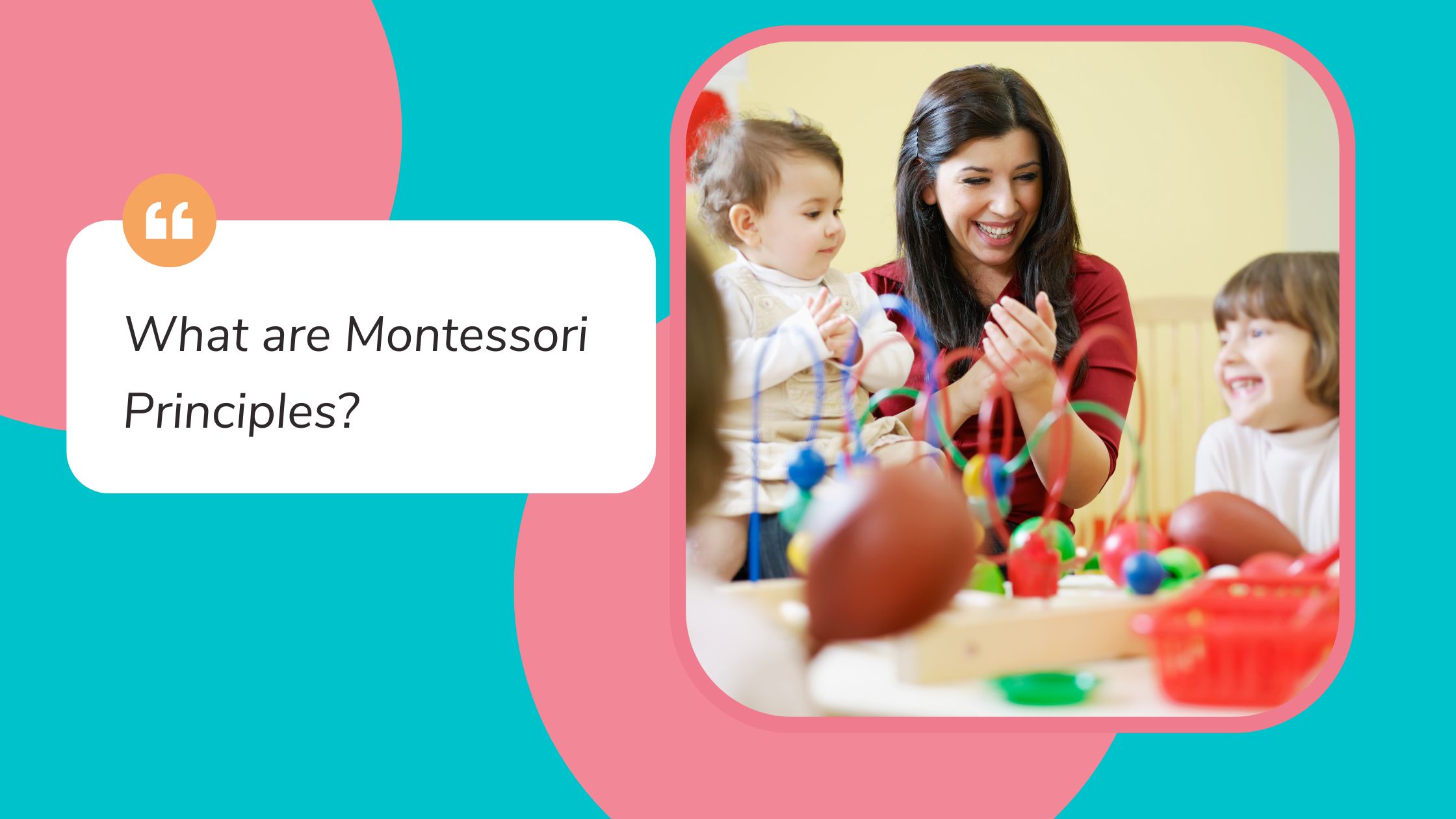
Montessori principles are the foundation of Montessori education. They are based on scientific and educational research, and have been proven to work in schools all around the world.
The Montessori method is a hands-on approach to learning that emphasises independence, freedom within limits, and respect for a child’s natural psychological, physical and social development.
Montessori Principle #1: Absorbent mind
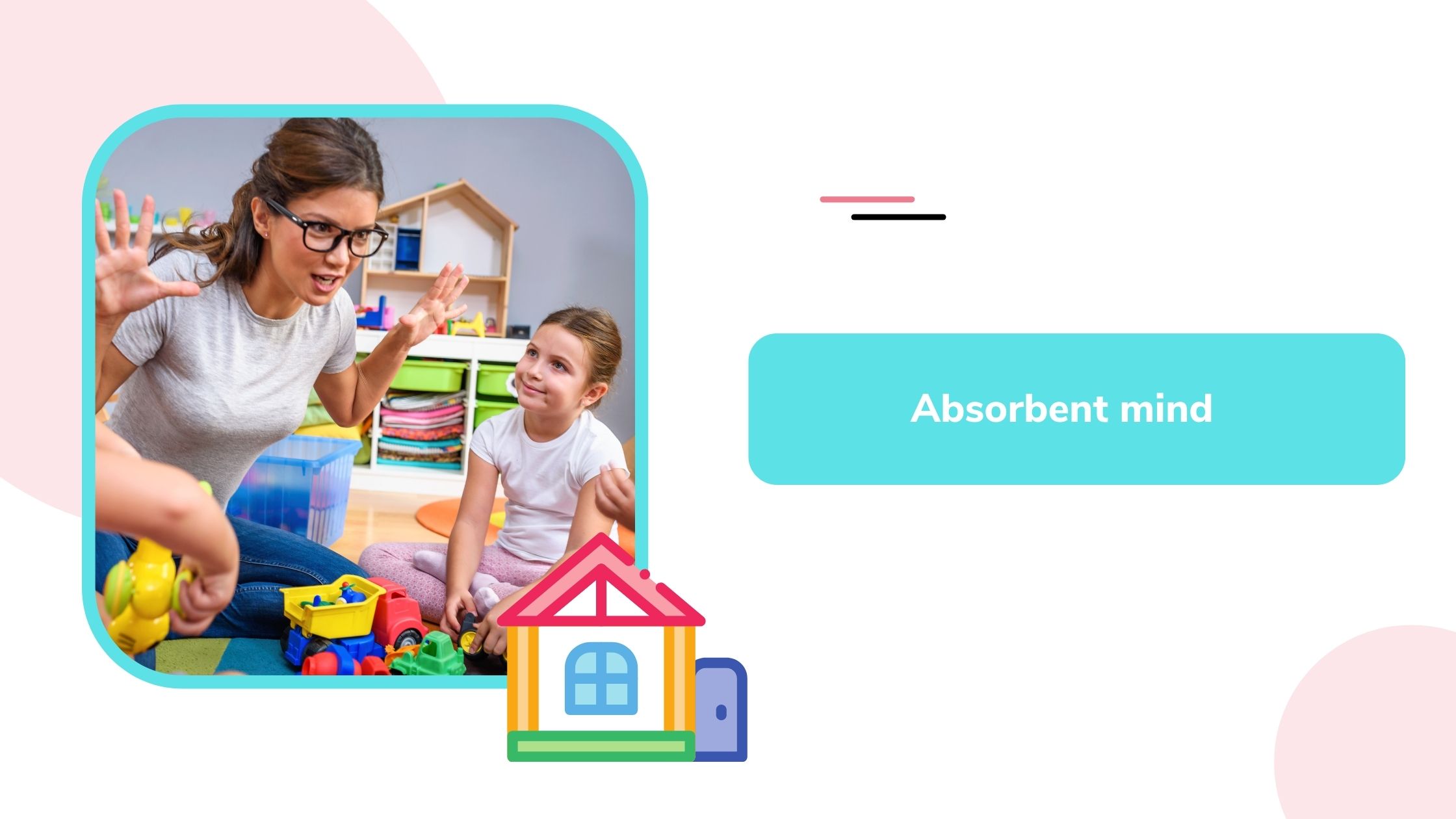
The absorbent state of mind is a special state of mind that children are in from birth until they’re around 6 years old. While child is in this state, they learn things quickly and easily through immediate environment. Children at this age observes the adult behaviours and learns from it. This can be plus side for parents if they can model behaviour and attitude they want child to adopt.
A child’s mind is like a sponge. They are learning new things at an astonishing pace. This can be achieved through interaction with people, things and events. The ability to learn and grow quickly is natural for children as they are born in an ‘absorbent state.’
Montessori Principle #2: Human tendencies
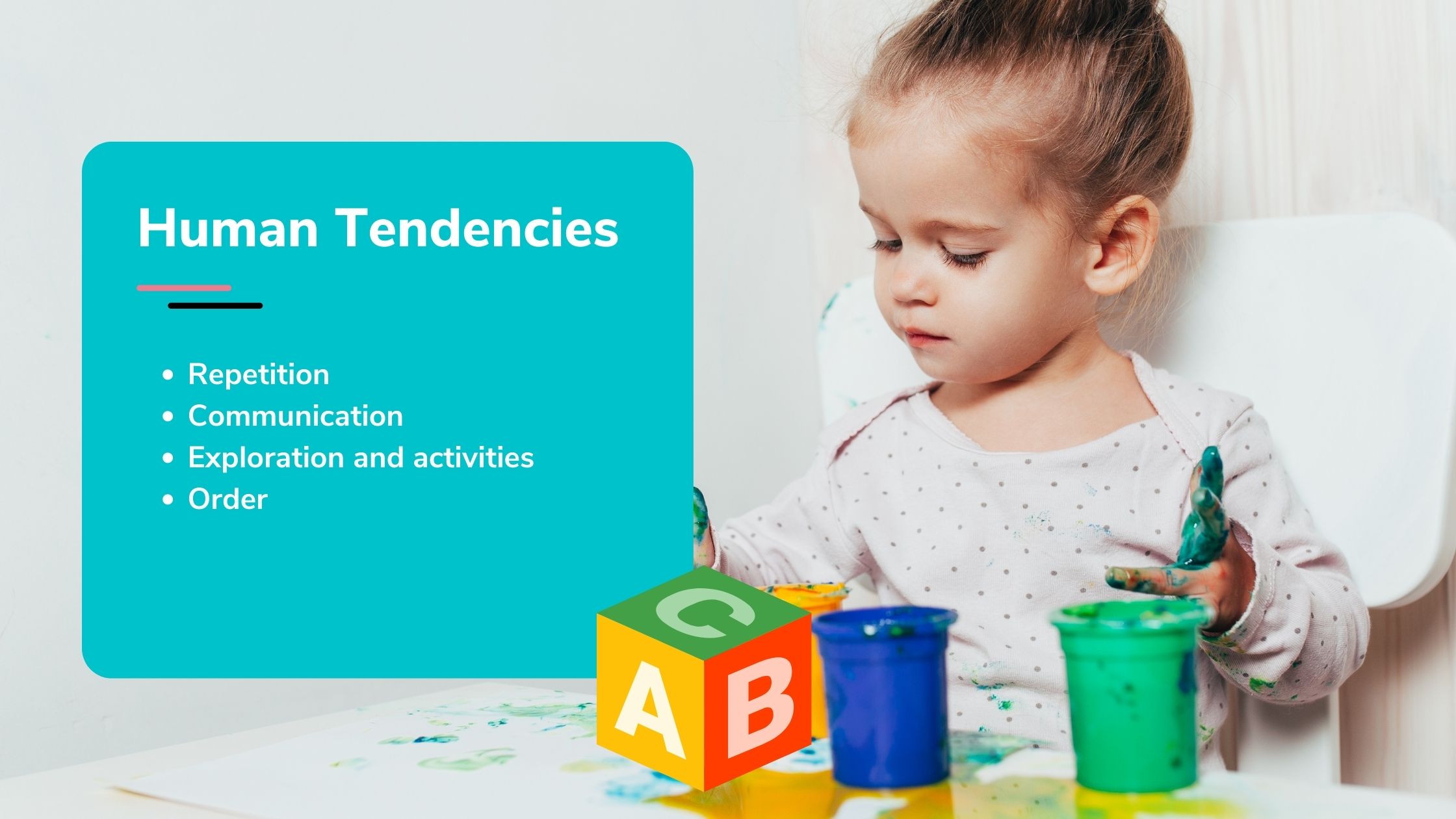
There are many different aspects of the human body that make their personality unique, but lungs and heart are two that stand out for most people.
Repetition
In the Montessori system, the child is encouraged to do the same task over and over again because it helps them develop and make neurons stronger.
The repetition in Montessori is not just about the same task, but also providing a task that provides just the right amount of challenge. For example, if baby likes to pull tissues from tissue box, we can provide the opportunity to do so again and again in environment friendly way. Montessori tissue box is designed to provide the repetition of this activity so that child develops fine motor skill and builds problem solving skill to find things inside box.
Communication
Adults share feelings and opinions through communication. It is important to respect baby and communicate and explain their environment. For example, before picking up baby, if we inform baby that we are going to pick her up, babies tend to get less upset.
Experts show that babies are able to understand tone at an early age. Babies communicate through babbles and noises, and by making some sounds we can ask them to repeat it, which helps them learn language development.
Exploration and activities
We as humans tend to explore our surroundings and learn through hands-on experience. Babies are same and should be provided with an opportunity to explore freely in safe environment. Instead of giving light toys to babies that doesn’t require action from child, Maria Montessori recommended to provide passive toys that are environment friendly. Passive toys require child to take action in order to play with it.
Order
Babies desire consistency like adults. They want things in same place as yesterday. Too much changes in their surrounding can upset them. Montessori principles recommend to have specific place for each activity including feeding, napping, sleeping and playing.
Montessori Principle #3 – Sensitive periods
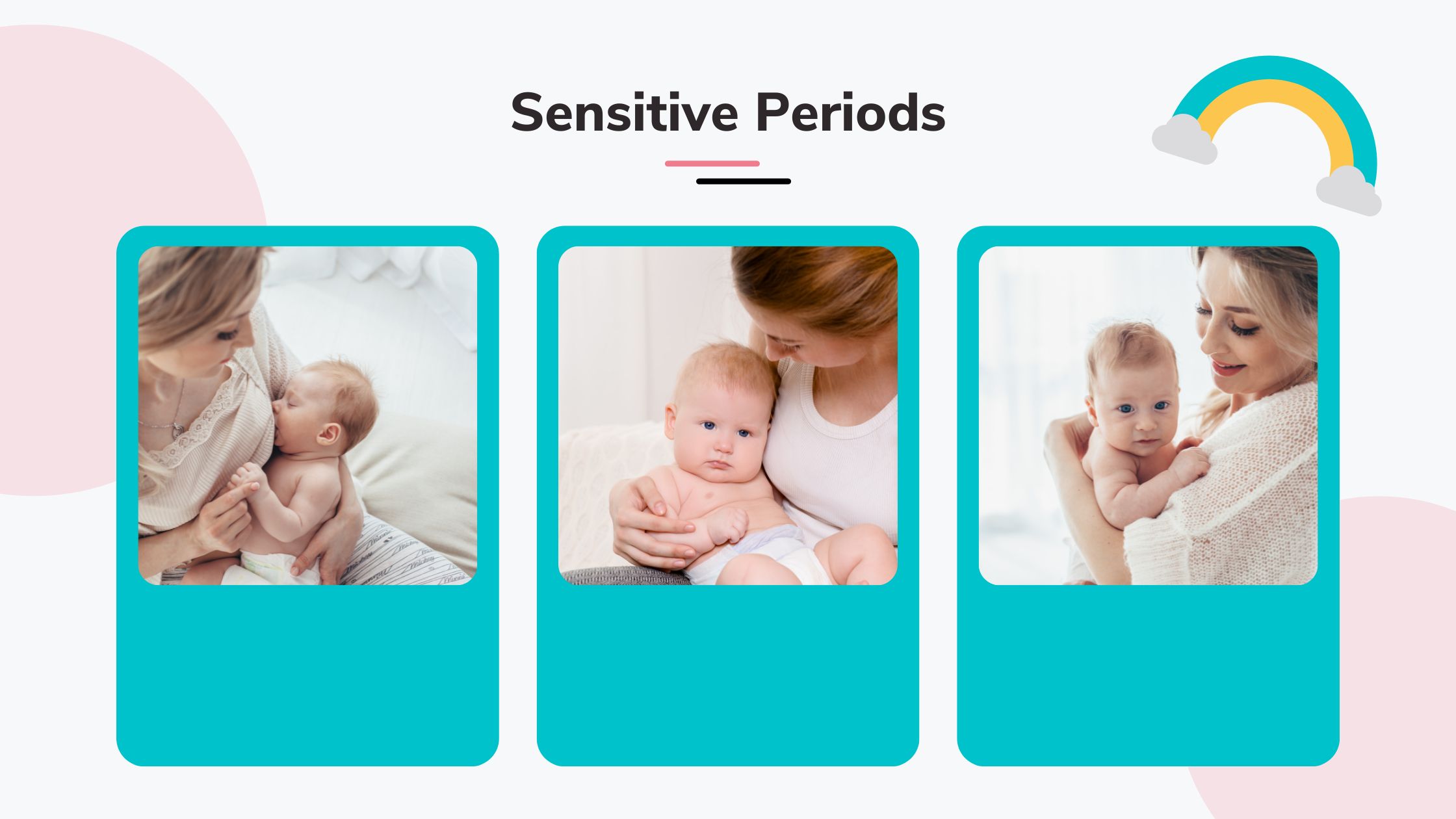
The sensitive period is the time when children are most receptive to learning and developing skills. When a child is exposed to new information, they will learn it faster than any other time in their life. However, after this time ends, they will have less ability to learn and develop skills than they would if they had been exposed during the sensitive period. Children can get very upset if someone other than their usual caretaker has to bathe them.
Montessori principle #4 – Observation
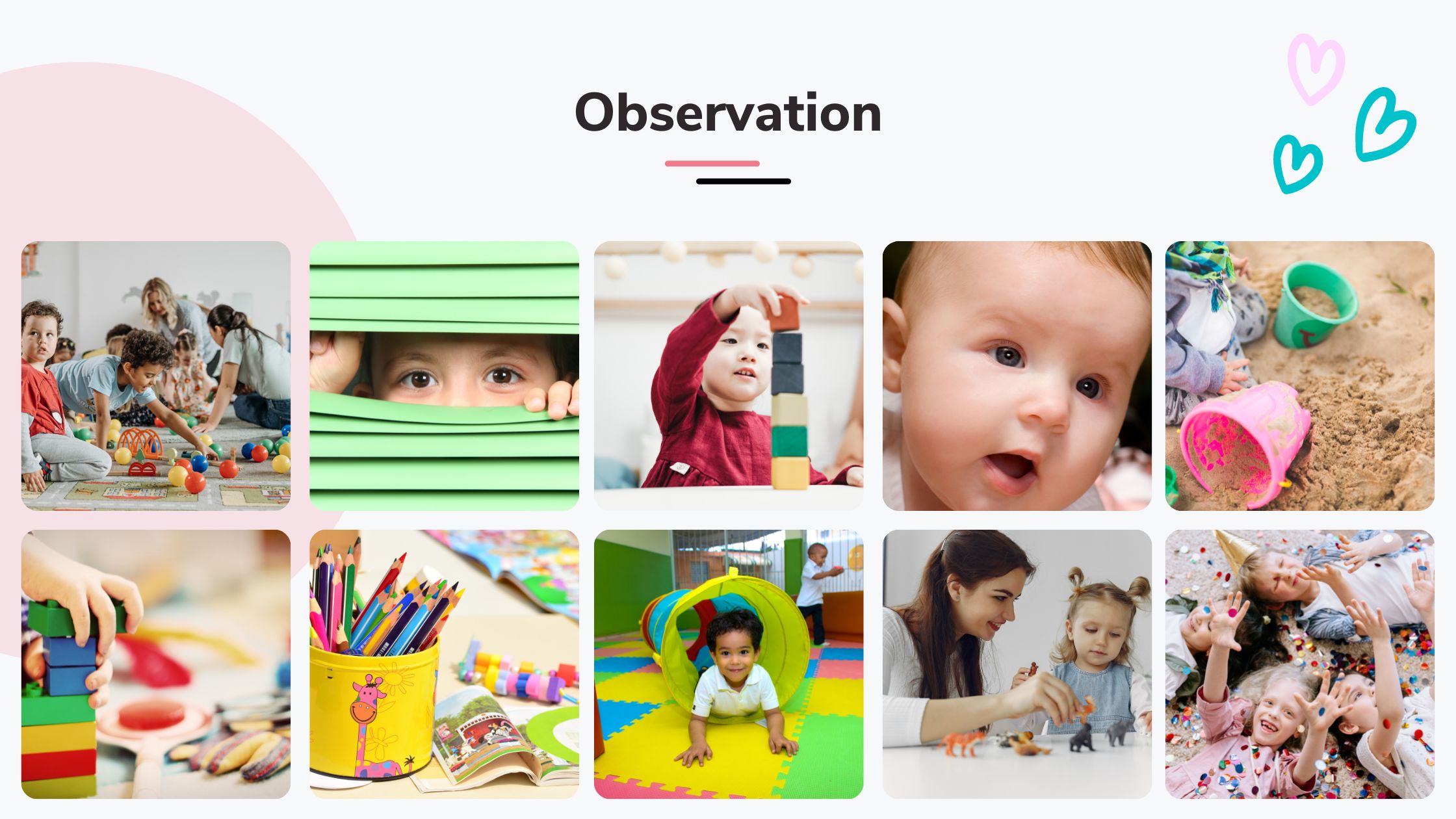
Observation is a key principle of the Montessori Method. The teacher observes the children and their activities, and intervenes only when necessary to help them learn.
The observation is needed to provide babies with an opportunity to learn without being hindered by outside interference. It also helps parents understand the student’s needs, interests, and abilities.
The Benefits of a Montessori Education for your Child.
Montessori education is a hands-on approach to teaching children. It is based on the idea that children are naturally curious and will learn best when they are allowed to explore and discover things for themselves.
It has been shown that montessori schools have many benefits for your child, including:
- A better understanding of math concepts and abilities
- Higher levels of self-confidence
- An improved ability to focus on tasks
- Greater independence in problem solving
To put montessori in practice, we have design activities for babies that can be easily implemented in day to day life.



